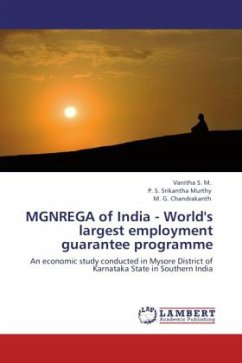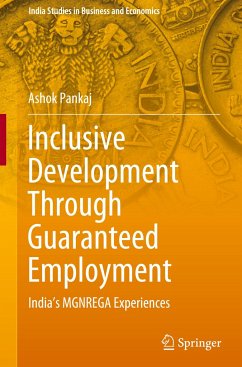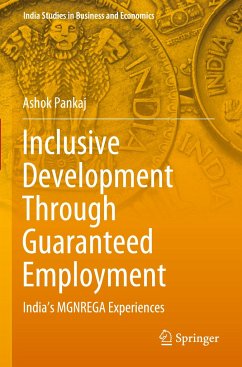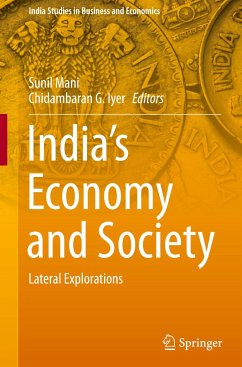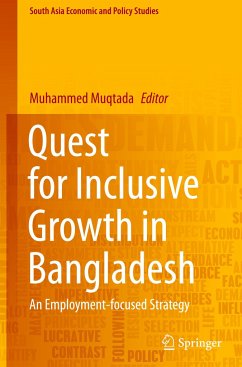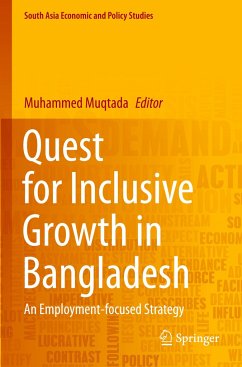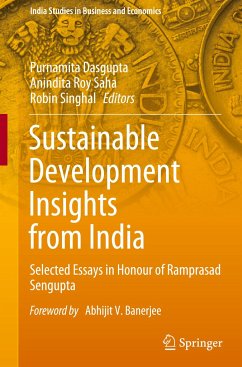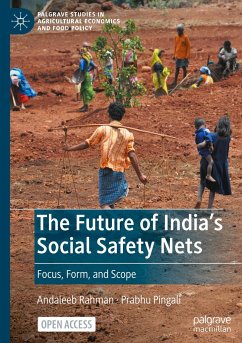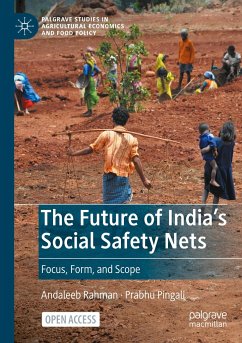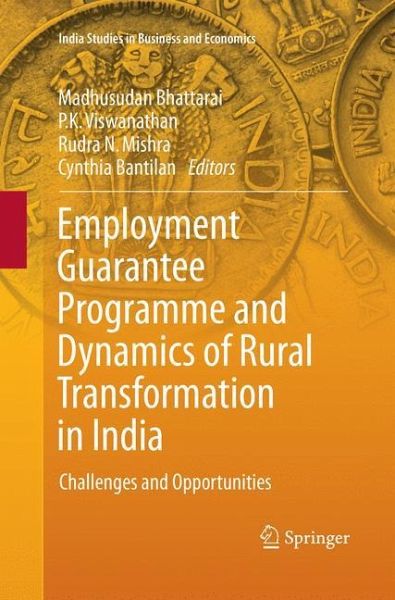
Employment Guarantee Programme and Dynamics of Rural Transformation in India
Challenges and Opportunities
Herausgegeben: Bhattarai, Madhusudan; Viswanathan, P.K.; Mishra, Rudra N.; Bantilan, Cynthia
Versandkostenfrei!
Versandfertig in 6-10 Tagen
38,99 €
inkl. MwSt.

PAYBACK Punkte
19 °P sammeln!
This book offers an assessment of the performance, impact, and welfare implications of the world's largest employment guarantee programme, the Mahatma Gandhi National Rural Employment Guarantee Act (MGNREGA). Launched by the Indian government, the programme covers entire rural area of the country. The book presents various micro-level analyses of the programme and its heterogeneous impacts at different scales, almost a decade after its implementation. While there are some doubts over the future of the scheme as well as its magnitude, nature and content, the central government appears committed...
This book offers an assessment of the performance, impact, and welfare implications of the world's largest employment guarantee programme, the Mahatma Gandhi National Rural Employment Guarantee Act (MGNREGA). Launched by the Indian government, the programme covers entire rural area of the country. The book presents various micro-level analyses of the programme and its heterogeneous impacts at different scales, almost a decade after its implementation. While there are some doubts over the future of the scheme as well as its magnitude, nature and content, the central government appears committed to it, as a 'convergence scheme' of various other welfare and rural development programmes being implemented at both national and state level. The book discusses the outcomes of the programme and offers critical insights into the lessons learnt, not only in the context of India, but also for similar schemes in countries in South and South-East Asia as well as in Africa, and Latin America. Adopting inter-disciplinary perspectives in analysing these issues, this unique book uses a judicious mix of methods---integrating quantitative and qualitative tools---and will be an invaluable resource for analysts, NGOs, policymakers and academics alike.



